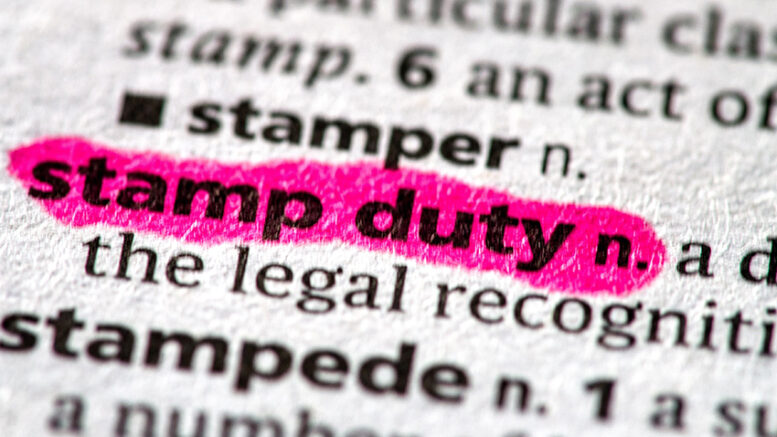Thousands of UK landlords, developers and property investors may be owed thousands in Stamp Duty Land Tax (SDLT) refunds, as new data reveals widespread miscalculations linked to overlooked legal reliefs.
According to specialist tax consultancy SCA Tax, 11% of property transactions involve overpayments – with an average refund of £12,909 for those who qualify. In some cases, landlords have successfully recovered over £40,000 after failing to apply reliefs such as Multiple Dwellings Relief or mixed-use concessions.
Common transactions wrongly taxed as residential
The warning follows SCA Tax’s in-depth review of over 7,000 UK transactions, many involving landlords or small developers. The company has now issued a call for property professionals to urgently re-examine SDLT assessments, particularly for complex or non-standard purchases.
“These aren’t obscure loopholes - they’re legitimate, government-recognised reliefs,” said Sean Swimby, Founder and Director of SCA Tax. “But because the rules are complex, and most advisors don’t specialise in SDLT, far too many transactions are taxed incorrectly - and it’s business owners, landlords, and smaller developers who are footing the bill.”
He continued: “We regularly see properties with commercial elements, multiple dwellings or unusual sale conditions taxed as if they were standard homes.” That means landlords buying blocks of flats, part-commercial units, or acquiring property via probate may be taxed at a higher rate than necessary.
Recent SCA Tax refunds include:
- £48,000 reclaimed by a landlord who failed to apply Multiple Dwellings Relief on a 40-unit block
- £8,500 for a buyer whose mixed-use property was wrongly taxed as entirely residential
- A five-figure refund to a developer who bought from a probate sale
Most errors trace back to probate and mixed-use purchases
Further analysis by SCA Tax paints a clear picture of where the problem lies. Of all the overpayments identified:
- 69% involved probate transactions
- 20% related to mixed-use properties
- 6% were linked to misapplied second-home surcharges
Swimby warns that one of the biggest traps is using HMRC’s online calculator, which does not consider the full range of reliefs. “That might be understandable from a layperson,” he said, “but it’s not acceptable when businesses are losing thousands due to simple oversights.”
Many solicitors and conveyancers do not provide tailored tax advice - often assuming a transaction fits within standard residential rules. But as Swimby explains, “this isn’t just about flats over shops. We’ve recovered refunds for clients who bought commercial/residential hybrids, blocks of flats, or stepped in to support collapsed chains.”
Landlords urged to act before the four-year window closes
The solution, Swimby says, lies in seeking advice early - or retrospectively reviewing transactions from the past four years. “If you’ve bought property in the last four years - and it wasn’t a textbook residential purchase - there’s a strong chance you’ve overpaid, and it’s worth speaking to an expert about what can be done to put it right.”
To help landlords and professionals avoid future issues, SCA Tax now offers Stamp Duty Rate Certificates - formal confirmations that SDLT has been accurately assessed by a qualified specialist. These certificates are covered by professional indemnity insurance, giving both solicitors and buyers added protection if HMRC challenges a claim.
The firm believes systemic change is also needed. “In an ideal world, HMRC urgently updates its SDLT calculator to reflect the real-world complexity of property purchases,” Swimby said. “The government simplifies the rules around reliefs and builds in a safety net to protect business and residential buyers alike.”
A hidden cost landlords can’t afford to ignore
With SDLT overpayments so widespread - and refund claims typically taking just weeks to process - landlords are being urged to revisit old transactions before the four-year claim deadline runs out.
In a volatile property market, where margins are already squeezed by regulation, tax reform and rising interest rates, unclaimed SDLT reliefs represent a rare opportunity for landlords to claw back costs and protect cash flow.








